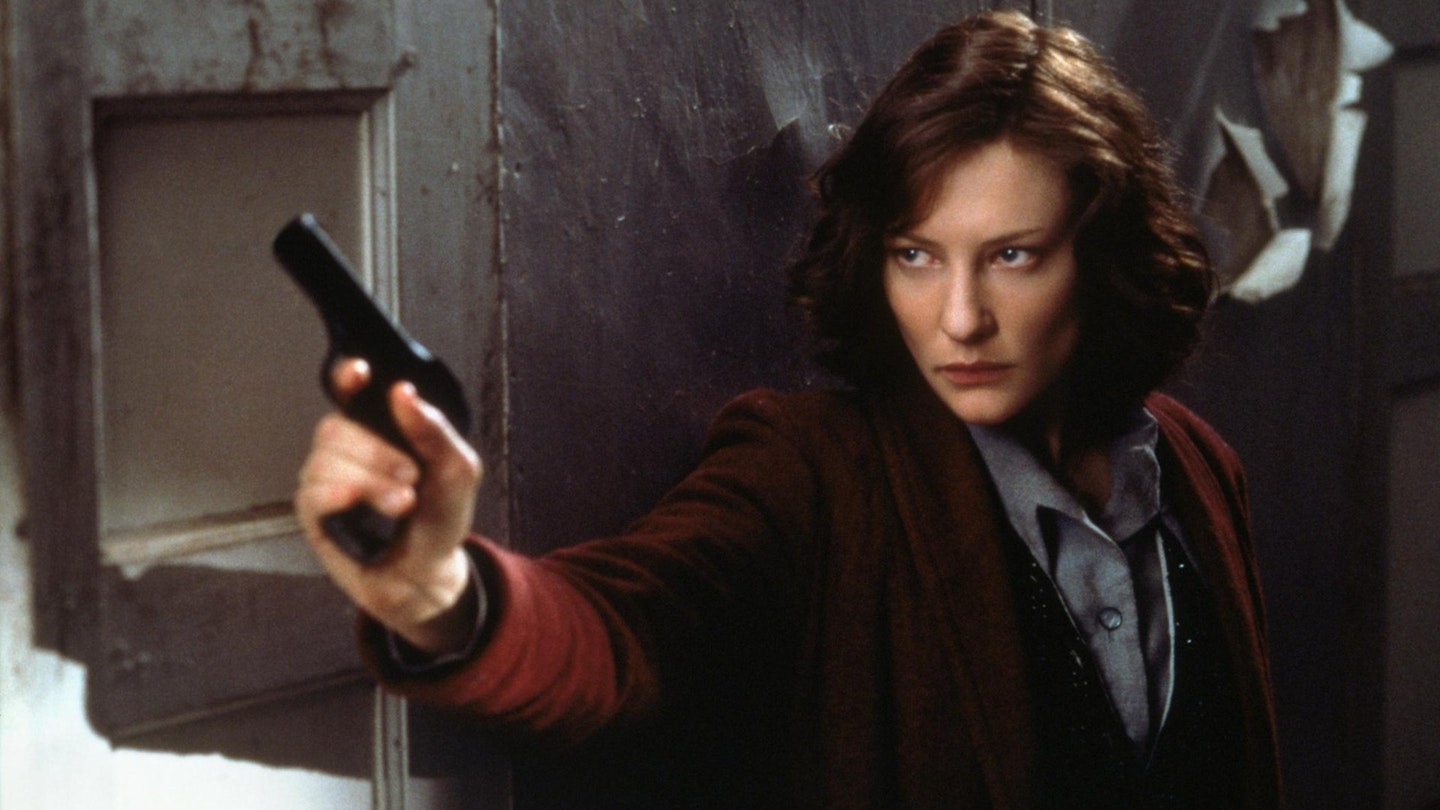As was the case with Captain Corelli's Mandolin, this is a reverent, scenic and problematic adaptation of a bestselling novel (this time by Sebastian Faulks) and a love story amid wartime action and suspense.
The role of Charlotte is exceptional because she gets to combine intelligence with derring-do and moral righteousness. She also has to convey the psychological tension of sustaining a masquerade, as Charlotte 'becomes' Dominique Gilbert, complete with dyed hair, foreign underwear and behavioural tics. Director Armstrong has always done her best work illuminating women who want more from their lives, but this bites off more than a gal can chew. The book's emphasis is on Charlotte's internal journey; on film, she is less self-contained and busier with collaborators and Nazis.
Ultimately this exposes how largely ineffectual her war efforts have been while she's been exploring her identity and heart. Fans of the book will regret that the script misses a few tricks; those who haven't read it may be left baffled by an abrupt denouement. The film has appealing chemistry between Blanchett and Crudup, as well as strong moments - the Resistance cell walking into a trap, Dominique's rendezvous with her disaffected Brummie contact, Mirabel - but it can't escape a melodramatic phoniness.
It wants to be moving and inspiring, but doesn't deliver the emotional punch of those no-frills, black and white, post-War films about underground heroines Violette Szabo and Odette Churchill. Or, indeed, of Faulks' recent documentary series about the S.O.E. blunders and betrayals that doomed over half its courageous agents to lonely deaths.
